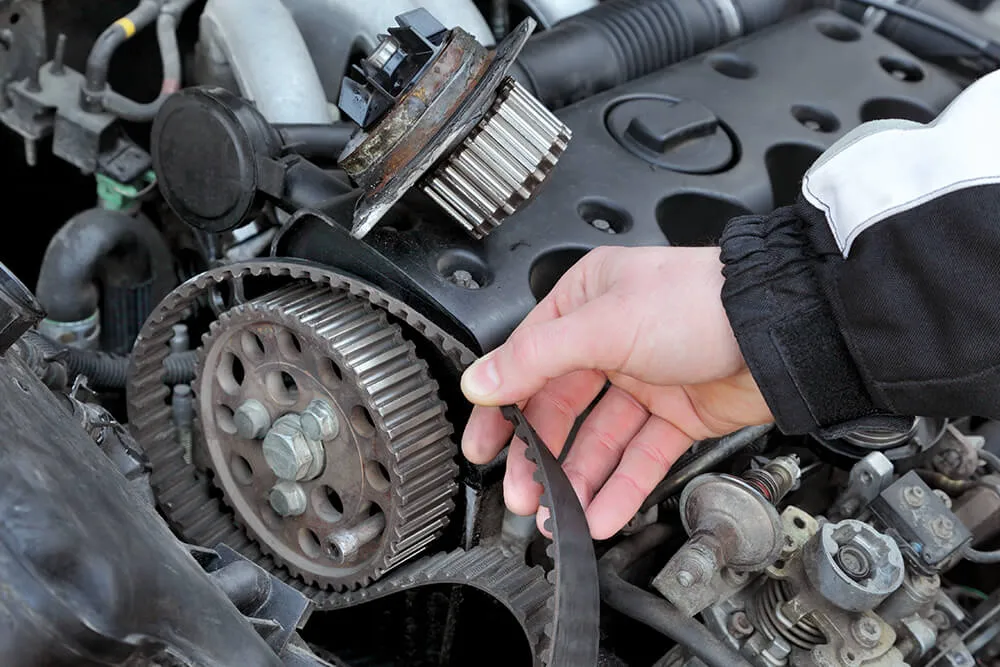Just as our hearts beat in rhythm to keep us alive, engines rely on precise timing to function efficiently. Engine timing refers to coordinating various components to ensure fuel is injected, compressed, ignited, and expelled at the right moment during each combustion cycle. Let’s delve into the significance of engine timing and how it impacts your vehicle’s performance.
Components Of Engine Timing
Engine timing involves several key components, including the crankshaft, camshaft(s), timing belt or chain, timing gears, and associated pulleys or sprockets. These components work harmoniously to control the opening and closing of the intake and exhaust valves, the compression of air and fuel mixture, and the ignition of the compressed mixture to generate power.
Types Of Engine Timing Systems
Modern engines utilize timing belts or chains to synchronize the crankshaft and camshaft(s) rotation. Timing belts are typically made of reinforced rubber and require periodic replacement, while timing chains are more durable and can last the life of the engine with proper maintenance. Some engines also feature variable valve timing (VVT) systems, which adjust the timing of valve operation for optimal performance and efficiency across different engine speeds and loads.
Importance Of Proper Timing
Proper engine timing is crucial for maximizing power output, fuel efficiency, and emissions performance. When timing is off due to component wear, incorrect adjustment, or malfunction, it can reduce engine performance, increase fuel consumption, and cause emissions violations. In severe cases, improper timing can cause engine misfires, knocking, or even catastrophic engine damage.
Maintenance And Inspection
Maintaining proper engine timing requires regular inspection and, if necessary, adjustment or replacement of timing components. Timing belts should be replaced according to the manufacturer’s recommended intervals, typically every 60,000 to 100,000 miles. In contrast, timing chains may require less frequent maintenance but should still be inspected periodically for wear or damage.
Engine timing is your vehicle’s heartbeat, ensuring that its internal combustion engine operates with precision and efficiency. By understanding the components involved in engine timing and staying proactive with maintenance, you can keep your engine running smoothly and enjoy optimal performance mile after mile. Trusting a qualified mechanic for timing-related inspections and repairs ensures your engine continues to beat strong for years.



